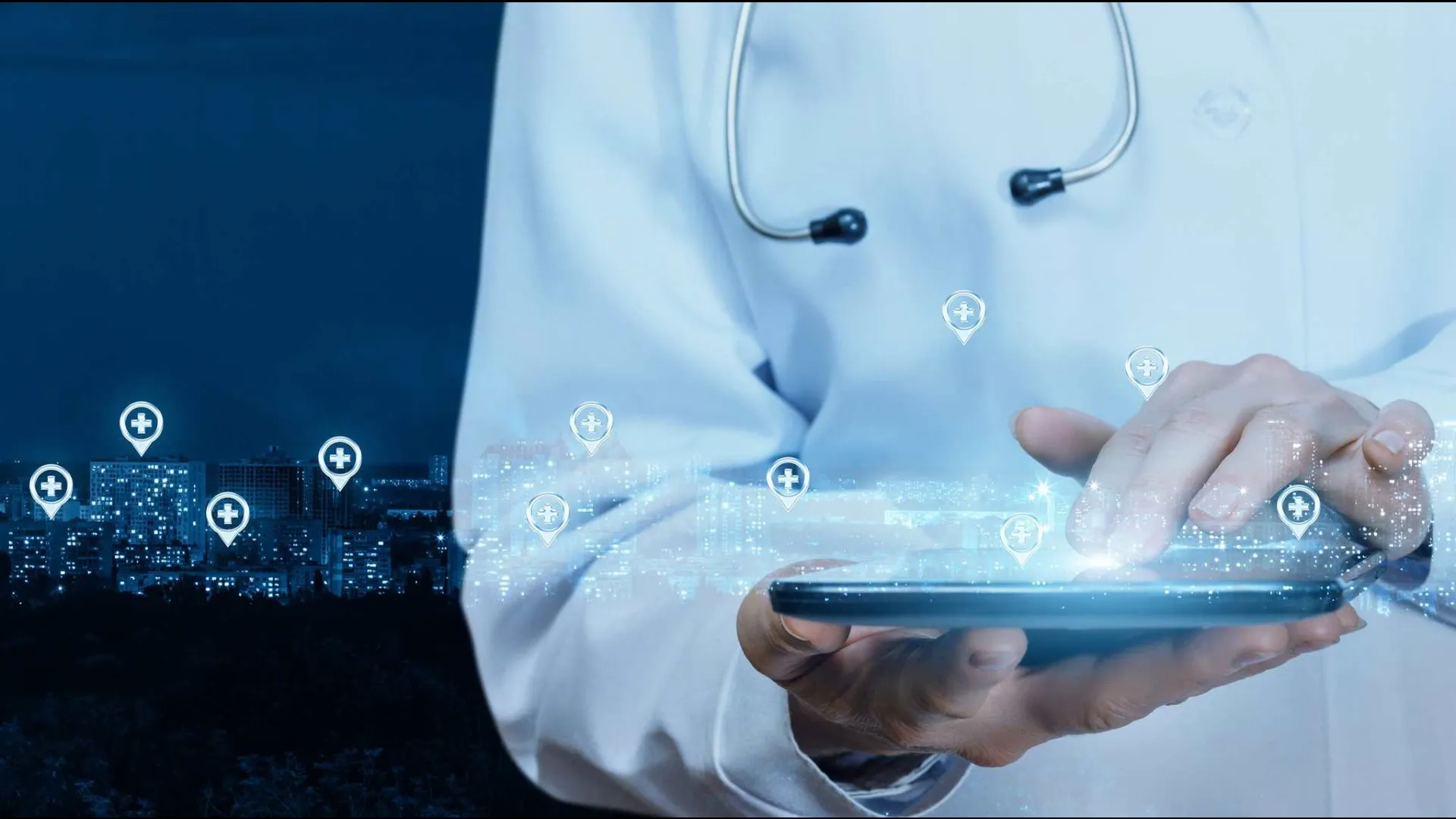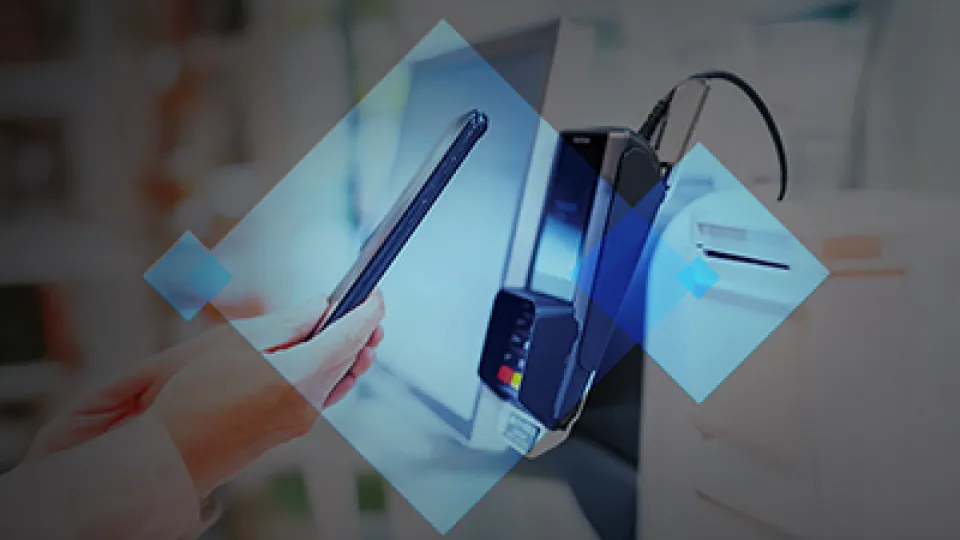Every component of a 5G network must have security measures in place to mitigate many of the threats encountered in the era of the 5G network. This ensures confidentiality, integrity, and availability so that the network provides users with a secure communications platform. These controls include enhanced subscriber identity protection, as well as additional security mechanisms.
The NHS 5G Connected Hospital Trial in the UK
NHS Digital in the UK has announced that a 5G connected hospital trial is to go live at two wards within the trust, where they will be testing and evaluating the efficiency, safety and security of 5G connected devices. The outcome – is timesaving for clinicians, improvement of patient records, and applications that enable the use of devices to monitor patients' vital signs and to digitally update records.
In so many words, through the combined use of 5G and eHealth IoT, significant and life-saving improvements can be achieved.
This will be accomplished by utilizing Virgin Media O2 Businesses private 5G network in order to deliver dedicated, high-speed data meaning that clinicians will not need to use the hospital’s WiFi.
This is of course excellent and welcoming news as 5G has the potential power to transform healthcare, making significant improvements that can be life-saving.
A Revolutionary Abundance of (5G) Potential
This innovation provides insight as to how 5G has the potential to transform all of the critical components in many areas of healthcare and can include high-definition remote operations, transferring large medical files, connected ambulances to help to treat patients in transit, devices for real-time monitoring and continued remote support to patients. All of these treatments require essential levels of secure IoT connectivity. 5G is approximately 100 times faster than 4G and is also able to handle more connections.
The benefits will be reaped by players across the value chain – clinicians, pharmaceutical companies, providers, dispensers – straight down to the point of consumption – the patient. Increased digitization in the supply chain provides chain visibility making it easier to track products, forecast demand, reduce payer outlays and mitigate potential supply shortages.
5G supports a considerably larger density of connected devices, enabling patient monitoring as well as robotics applications across the hospital.
5G Networks & Data Privacy = Enhanced Security Controls
5G mobile networks rely heavily on the trustworthiness of each network and the requirement to protect confidentiality, integrity, and authenticity of subscriber identities and the information that is transmitted.
Every element of a 5G network is required to have robust security measures in place. The 5G security architecture depends on keeping many pieces of information private (e.g., subscriber credentials and encryption keys). For user equipment, which could be any device used directly by an end-user to communicate, a solution for Authentication and Key Agreement (AKA) is a requirement. Telecommunications operators and other 5G providers should use strong methods of encryption for traffic between endpoints and services to reduce the risk of data compromise or corruption.
Trusted Devices + Encrypted Data = Secure Data Sharing
As 5G becomes more widely available, the healthcare industry is fast becoming a ‘smart health environment’. With this will come the rise of other opportunities within the economy for connected device manufacturers as well as other healthcare providers.
As technology progresses, solutions need to be in place for transmitting and accessing extremely sensitive healthcare data and devices under highly secured channels.
Devices need ‘know and trust’ each other and therefore, digital identity becomes paramount and the following security measures need to be in place:
1. Key Injection – When components are enhanced through cryptographic key injection during the manufacturing process, the path to secure identity begins. Key injection gives every device an identity and needs to be generated by an HSM.
2. Public Key Infrastructure (PKI) – eHealth devices are operated within PKI-Infrastructures ensuring confidentiality, integrity, authenticity and non-repudiation of sensitive information. The use of PKI-based device certificates ensures online trust, privacy and security in the world of connected devices and therefore, should be managed securely and centrally.
u.trust Identify provides a secure, flexible and scalable end-to-end PKI Certificate Management System and provides a core interface for managing PKI and certificate lifecycle requirements. Please see our product page for further information.
Conclusion
UTIMACO protects subscriber identity and keys in mobile networks from 2G to 5G against disclosure, manipulation and misuse. Our solution builds on the long-term experience as a leading manufacturer of hardware-based security with a track record of more than 15 years.
UTIMACO HSMs have been installed by more than 100 mobile network operators worldwide including the majority of the 10 largest mobile network operators.
UTIMACO assures device security and data privacy throughout the complete device life-cycle from manufacturing (key injection) through device operation (PKI) to end-of-operation (key termination).
Further reading
How important are Digital Certificates for eHealth and the Internet of Medical Things?
IT security requirements and tools for securing the functional security of medical devices







